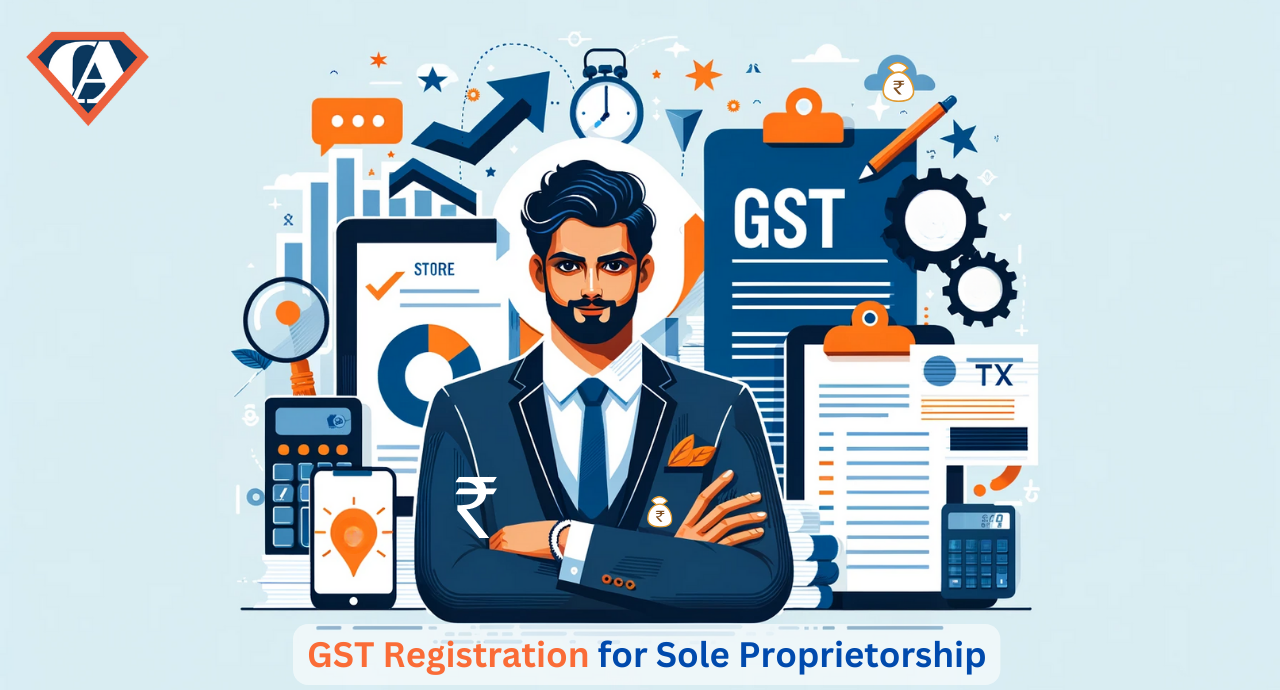Optimize Your Cost Savings with the Best GST Registration Services in Singapore
Optimize Your Cost Savings with the Best GST Registration Services in Singapore
Blog Article
Throughout: The Ultimate Roadmap to GST Registration for Businesses Looking For Financial Security
Browsing the intricacies of Goods and Solutions Tax Obligation (GST) enrollment is an important action for companies pursuing financial security. From recognizing the essential concepts of GST to abiding by post-registration guidelines, the procedure can appear daunting at very first glance. However, breaking down the roadmap into workable actions can simplify the registration journey for businesses seeking to boost their monetary standing. Allow's discover the vital elements that comprise this ultimate roadmap and discover how each stage adds to laying a solid foundation for monetary success.
Comprehending GST Basics
Looking into the fundamental concepts of Goods and Solutions Tax Obligation (GST) is crucial for obtaining a comprehensive understanding of its effects on businesses and the economy. GST is a value-added tax obligation levied on a lot of goods and solutions for domestic usage. It has actually changed multiple indirect taxes that existed in the pre-GST period, simplifying the tax structure and improving simplicity of doing service in India. Under the GST system, both products and solutions are exhausted at a certain rate, which is determined based on their category. If their annual turnover goes beyond the threshold restriction established by the federal government, services are required to register for GST. Input Tax Credit (ITC) is a considerable function of GST, enabling businesses to claim credit scores for tax obligations paid on inputs, reducing the total tax obligation concern. Recognizing the basics of GST is vital for businesses to follow tax obligation policies, handle their financial resources successfully, and add to the country's financial growth by getting involved in a clear tax system.
Qualification Criteria for Enrollment
As of the existing guidelines, the threshold limit for GST enrollment is an annual accumulation turn over of 40 lakhs for services operating within a state, except for unique category states where the limit is 20 lakhs. In addition, particular businesses are needed to sign up for GST irrespective of their turnover, such as interstate vendors, informal taxable persons, and companies accountable to pay tax under the reverse cost device. It is critical for businesses to thoroughly analyze their turnover and deal kinds to identify their GST registration responsibilities accurately.
Documents Needed for Enrollment
Having satisfied the qualification criteria for GST enrollment, companies need to now guarantee they have the requisite files in area to continue with the enrollment process successfully. The records required for GST enrollment typically include proof of company constitution, such as collaboration act, enrollment certification, or consolidation certification for various sorts of businesses. Additionally, companies need to give papers establishing the major workplace, such as a rental agreement or electrical energy costs. Frying pan card of business, along with the identity and address evidence of promoters/partners/directors, are necessary for confirmation functions. Checking view account declarations, together with terminated cheques or a copy of the bank passbook, are needed to confirm the monetary details offered during enrollment. In addition, services have to have electronic trademarks all set for the accredited signatory. Ensuring all these documents are organized and conveniently offered will certainly speed up the GST enrollment procedure, allowing organizations to conform with tax policies flawlessly.
Step-by-Step Enrollment Refine
Starting the GST enrollment process involves a collection of structured actions to make sure a certified and seamless registration for businesses. The primary step is to check out the GST portal and complete the enrollment type with exact details of the company entity. Following this, the candidate gets a Momentary Reference Number (TRN) which is utilized to resume the application procedure if it's not finished in one go.
Next, all called for documents based on the checklist provided by the GST portal requirement to be submitted. These records normally consist of evidence of business address, enrollment and identification evidence of promoters, monetary declarations, and service entity's frying pan card.

Post-Registration Compliance Guidelines

Conclusion
To conclude, services looking a knockout post for economic stability must understand the essentials of GST, satisfy qualification criteria, gather essential papers, comply with the detailed enrollment process, and comply with post-registration standards - Best GST registration services in Singapore. By sticking to these steps, businesses can make sure conformity with tax obligation regulations and keep monetary security in the lengthy run
In addition, specific businesses are needed to sign up for GST irrespective of their turn over, such as interstate vendors, casual taxed persons, and organizations accountable to pay tax under the reverse cost system.Having fulfilled the eligibility standards for GST enrollment, companies should currently ensure they have the requisite documents in place to proceed with the registration procedure efficiently. The documents needed for GST registration typically consist of proof of service constitution, such as collaboration action, registration certification, or consolidation certification for various types of businesses. Additionally, organizations need to offer files establishing the primary location of organization, such as a rental contract or electrical power bill.Starting the GST registration process includes a series of organized actions to make sure a compliant and seamless enrollment for organizations.
Report this page